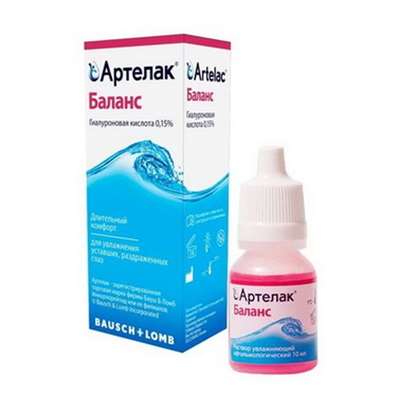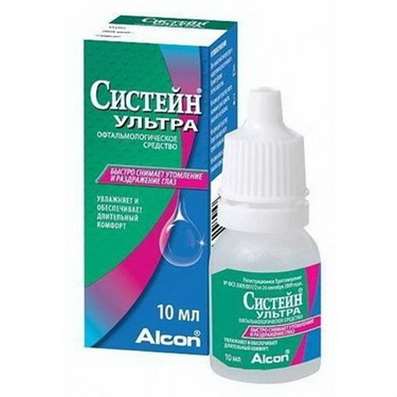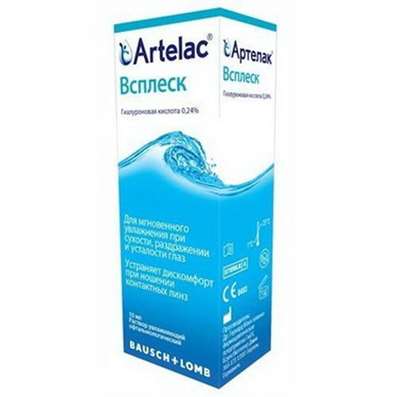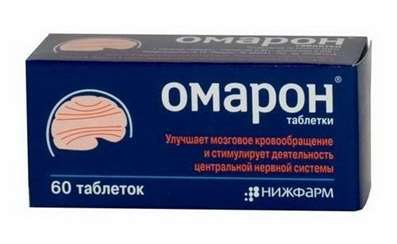What to do if your child is using drugs
26 Dec 2018
So, you have suspicions that your child is using drugs. What to do? Where can I go for help? What to do, so no one would know about this? You are overwhelmed by many questions. There is a state like panic.
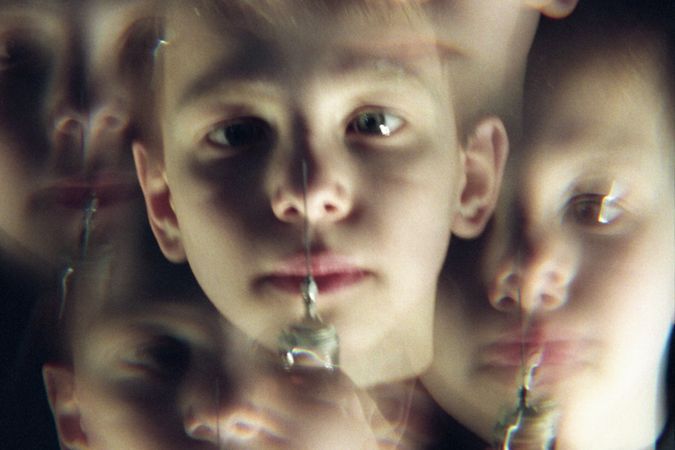
First of all, calm down, "do not chop off the shoulder." Further actions should be considered and weighed. But do not postpone the solution for later. In this situation, the saying "the delay of death like" is true in the literal sense. The problem that arises is a matter of life and death, drug addiction is not a bad habit, but a deadly disease. We need to calmly decide what you can do to help the child at the moment, and start acting.
First of all, do not scold, do not punish the child. Notations and quarrels will not help. Your task is to establish contact with the child, and not push him away from yourself. Show your child a strong negative attitude towards drugs, but avoid the irritation and scandals.
Communicate with the child, be truthful. Be to him in this example, only then you can rely on trust and reciprocity veracity. Tell the child about everything that disturbs you in his behavior, and be precise in your statements. Explain why you suspect that he uses drugs. Note that you can and make mistakes in your suspicions. Your child can behave strangely and because he just fell in love, quarreled with friends or is in a state of stress for some other reason.
Try to determine how long and what drugs your child uses. This is important for assessing the severity of the situation and developing tactics for further action. With a child who has tried drugs for the first time, one should not treat like a child who is already addicted to addiction. In the first case, the main emphasis should be on the child to realize the possible consequences. And in the second case, you are already dealing with a sick person with a deformed psyche, who needs the help of a highly qualified specialist.
Talk to those who can give you practical advice. Address to experts-expert in narcology and to those who faced such problems, do not try to cope with a trouble.
Prepare to prepare for a thorough conversation with the child about his dependence. You in the struggle for the life of your child are not alone with him, but you are opposed by a whole range of people involved in involving him in drug addiction. On the other hand, you are not dealing with the child that you knew, drugs very quickly deform the person's personal qualities. Therefore it is very difficult to fight drug addiction alone. It is necessary to oppose that circle to the circle of people close and authoritative to the child. Tell us about your suspicions in the family circle, for sure each family member noticed symptoms that confirm the problem. Discuss them and develop a general plan of action. Let other family members participate in this family council. A child-addict must know for sure that everyone in the house knows about his problem and will not close his eyes to it. He may not see the problem in that he uses drugs, he can shut up, etc. You do not need common accusations, you need to clearly articulate all the changes in your child's life (so that the conversation does not end with denials and excuses, as if everything is OK ) and decide in advance how you will overcome possible resistance to your intervention. And resistance, most likely, will be. It can manifest itself in anger, denial of obvious facts or, conversely, in a closure in itself, in secrecy.
Establish clear and rigid rules that are not subject to change regarding situations that trigger drug use by your child. He must know exactly your reaction to one or another of his actions. Among such rules can be, for example, a ban on communicating with dubious friends.
Speak then when you can be heard. Choose the time and place for a confidential and thorough conversation with the child. It is necessary that no one distracts you at this moment. The conversation can take place only when the child is not drugged, otherwise you will waste your time and energy, because the child does not understand, does not remember what you said and can behave unpredictably.
If your child really becomes addicted, help him confess to himself. Only when the dependent person realizes that he is sick, he may want to become healthy, stop resisting treatment, and treatment will be much more effective. If a patient with drug addiction is not an ally of a doctor in his own treatment, he will not actively wish to recover, then he will just lie down and wait for a convenient moment, and neither treatment nor prolonged isolation from "friends" will help. Narcologists can tell you a lot of cases when a drug addict under the pressure of relatives undergoing treatment, seems to be cured, but at the first opportunity returned to drugs. Only because it was done for "excuse". There is no limit to the sophistication of the addict when it comes to how to get drugs. There are numerous cases when drug addicts get drugs, even being on treatment in a specialized department of the hospital. If a person does not want to be treated, then no program will help him.
Look for a suitable treatment program for your child. It is very important to know where to turn if the child recognizes the problem and agrees to be treated. You should already know what to offer and where to turn for qualified help. The treatment of a drug addict is a very complex and lengthy process in which a doctor, a narcotic addict himself, and his family and relatives participate. Now there are many drug treatment programs, and the success of the treatment depends largely on how the chosen program fits your child's particulars.
Find out which organizations conduct such programs, contact them, learn as much as possible about these programs first-hand. Ask how long this program works, what specialists are involved in it. Find out if the recovery statistics are maintained in a year, two or more.
Do not try to treat the child from friends of doctors of a different profile. Treatment of drug addiction requires a lot of experience, it is not enough just theoretical knowledge. Let the familiar doctors do not gain this experience on mistakes in the treatment of your child.
Have enough patience, do not expect an early solution to this problem. Drug addiction is a lifelong disease that requires constant vigilance and patience from loved ones. Drug use can resume even from seemingly insignificant effects.
Be a friend to your child, do not leave it without support and attention. He should know that there are people who love him, always ready to help him in the fight against drug addiction, no matter what.
Better not hide from relatives and friends that your child is using drugs. One of the first impulses - to hide from everyone the addiction of the child. Hiding the problem, you show the child that it can be hidden, that is, the problem is not very serious. The child, noticing your efforts to pretend to relatives, that nothing has changed, and he himself begins to believe that there is nothing to change in oneself. In addition, the drug user, as a rule, skillfully uses ignorance of relatives in order to entice or steal from them money and values for the acquisition of drugs. Immediately note that parents should not give money for drugs, do not give in to attempts to cause pity. No money for drugs is not enough. Supporting him in this predilection, you delay the child's awareness of the problem, "make it easier for him," and he will have less desire to quit drugs.
Do not blame yourself that the child is a drug addict. No one knows the exact cause of this disease in each specific case. You are not to blame for this. There have been attempts to create theories that determine the causes of addiction. As such, heredity, and the type of character, and the level of morality, and the existence of crisis life situations were considered. But none of these theories could explain why, under the same initial conditions, not everyone becomes addicted. Specialists come to the conclusion that all are subject to chemical dependence, but the reasons for this are not always obvious. Of course, you need to analyze your relationship with the child and in something to adjust them. But you have to remember that not your actions are the cause of addiction to your child. And the feeling of guilt in the situation you are not an assistant.
Do not forget about other family members, especially children. Naturally, a child-addict requires much more time and attention than before. But other children should not feel abandoned and not needed. They also need your love and care no less than before. Inattention to other children can exacerbate the problem. Feeling forgotten, another child may become withdrawn, withdraw into himself, and you, having lost contact, will not notice any problems with him on time. Or there may be another option when the child, in order to attract your attention, will begin to artificially create problems and, as the worst option, will also start taking drugs. Try to allocate your time so that each of the children feels your love and attention.
Do not give up! Do not despair! Yes, drug addiction is a serious and insidious disease, but your perseverance and love for the child will help you save it. If one program did not help, try another one. Believe in success, because many have managed to achieve this success.

 Cart
Cart

